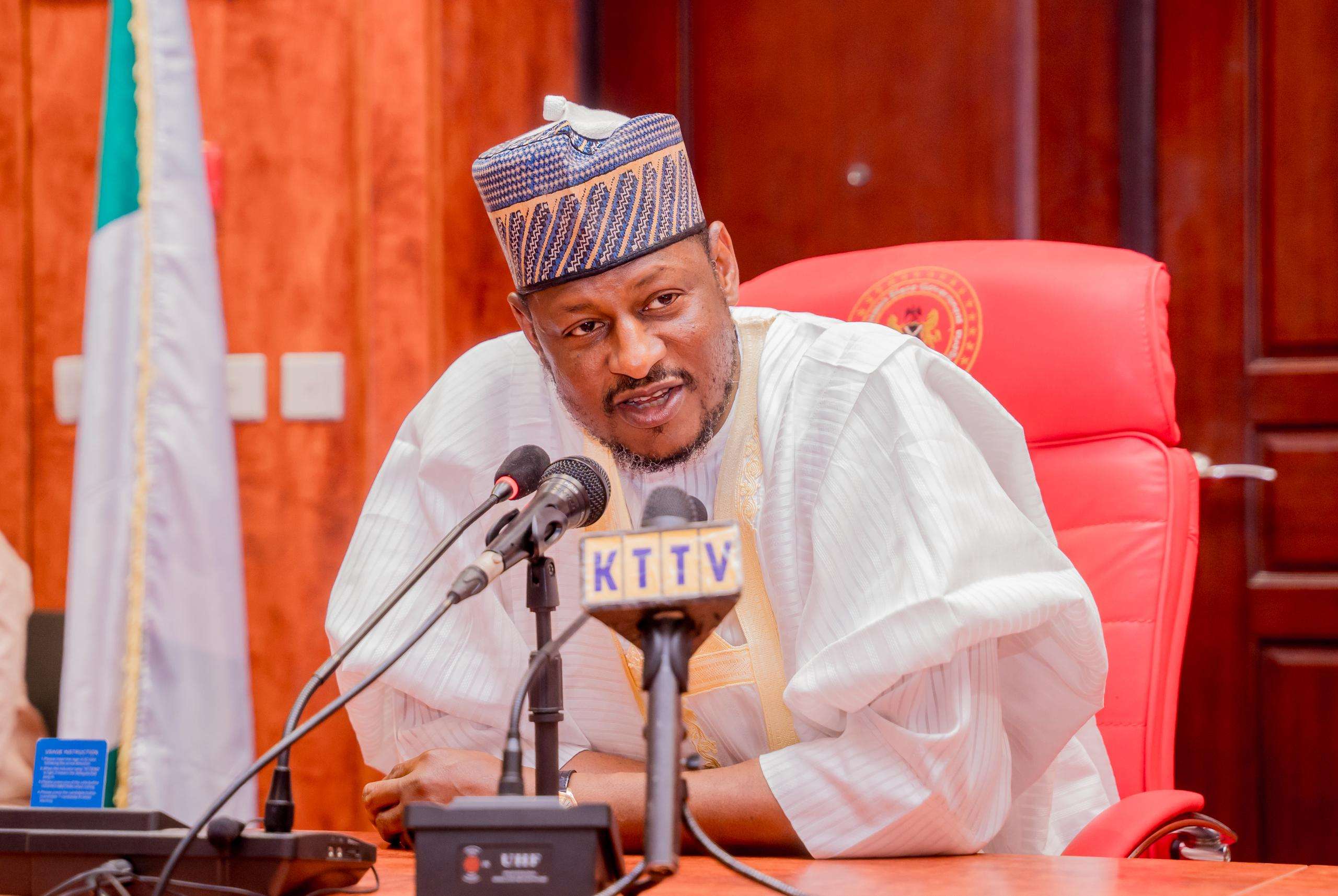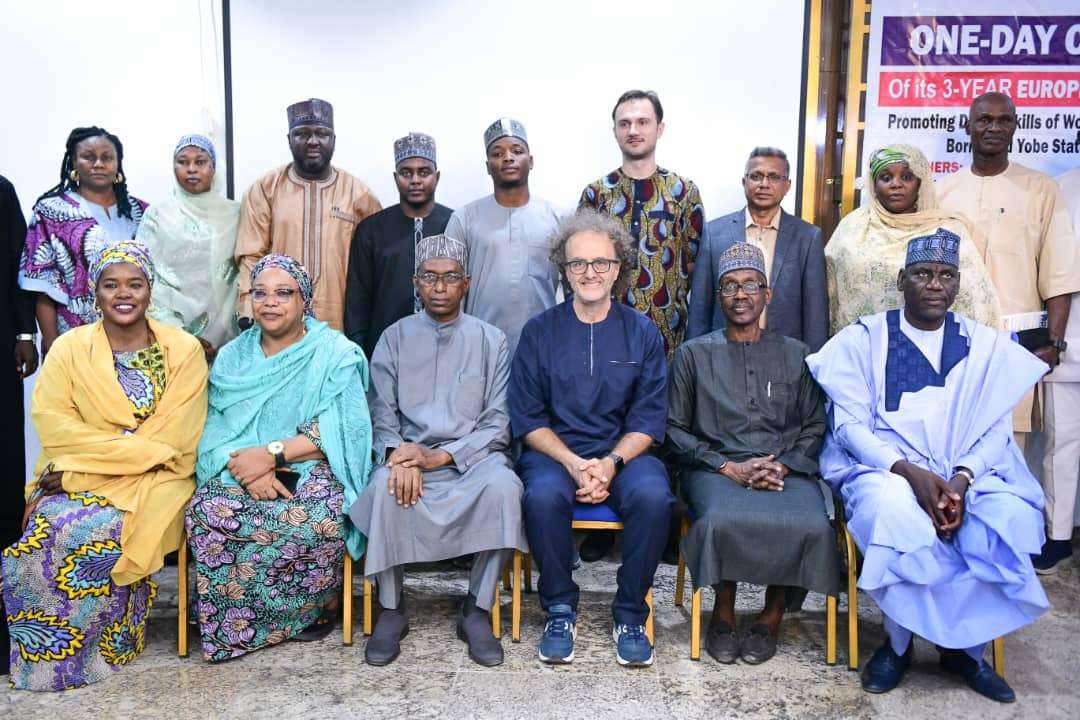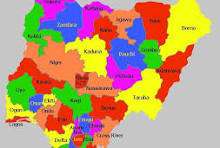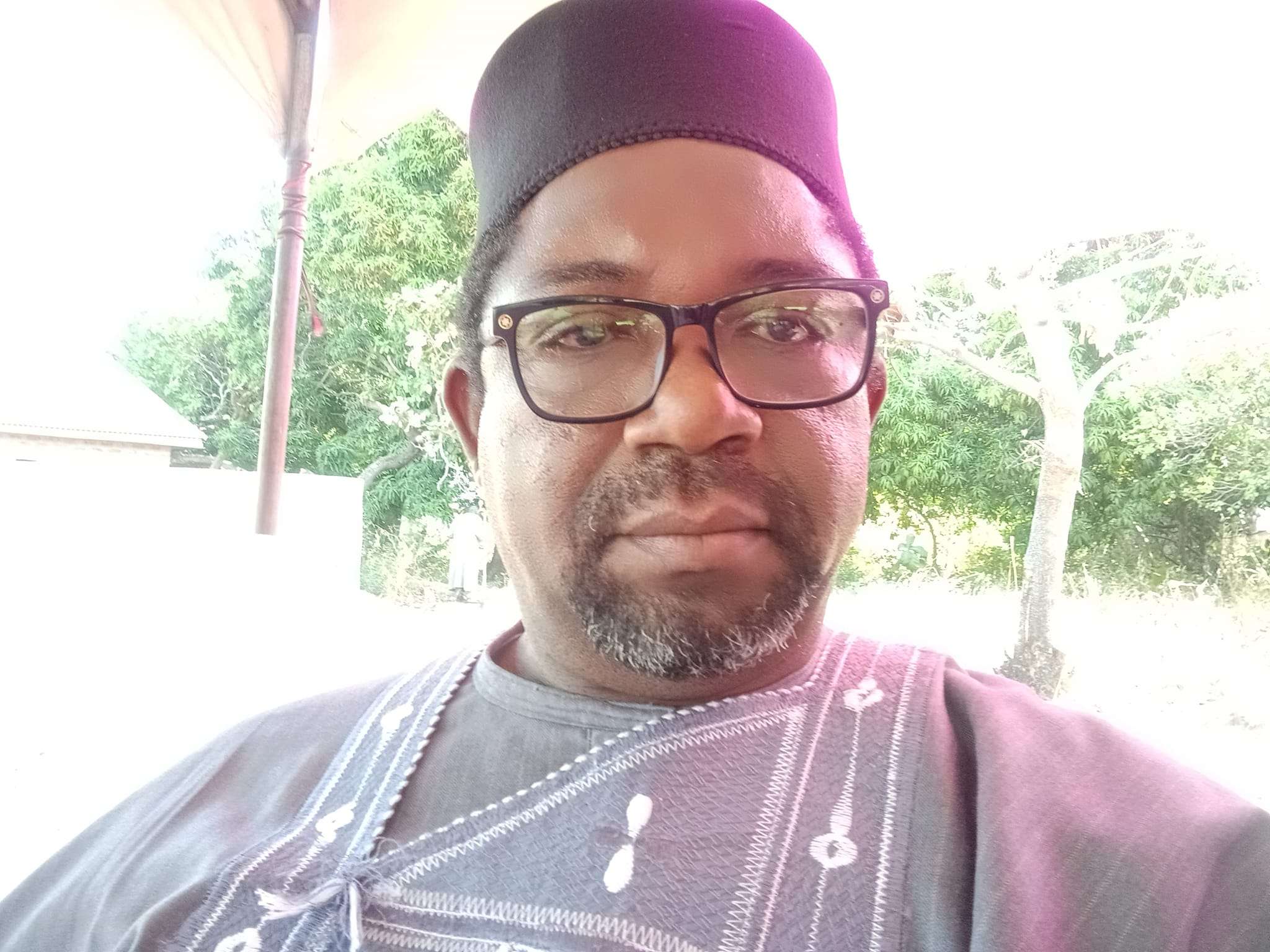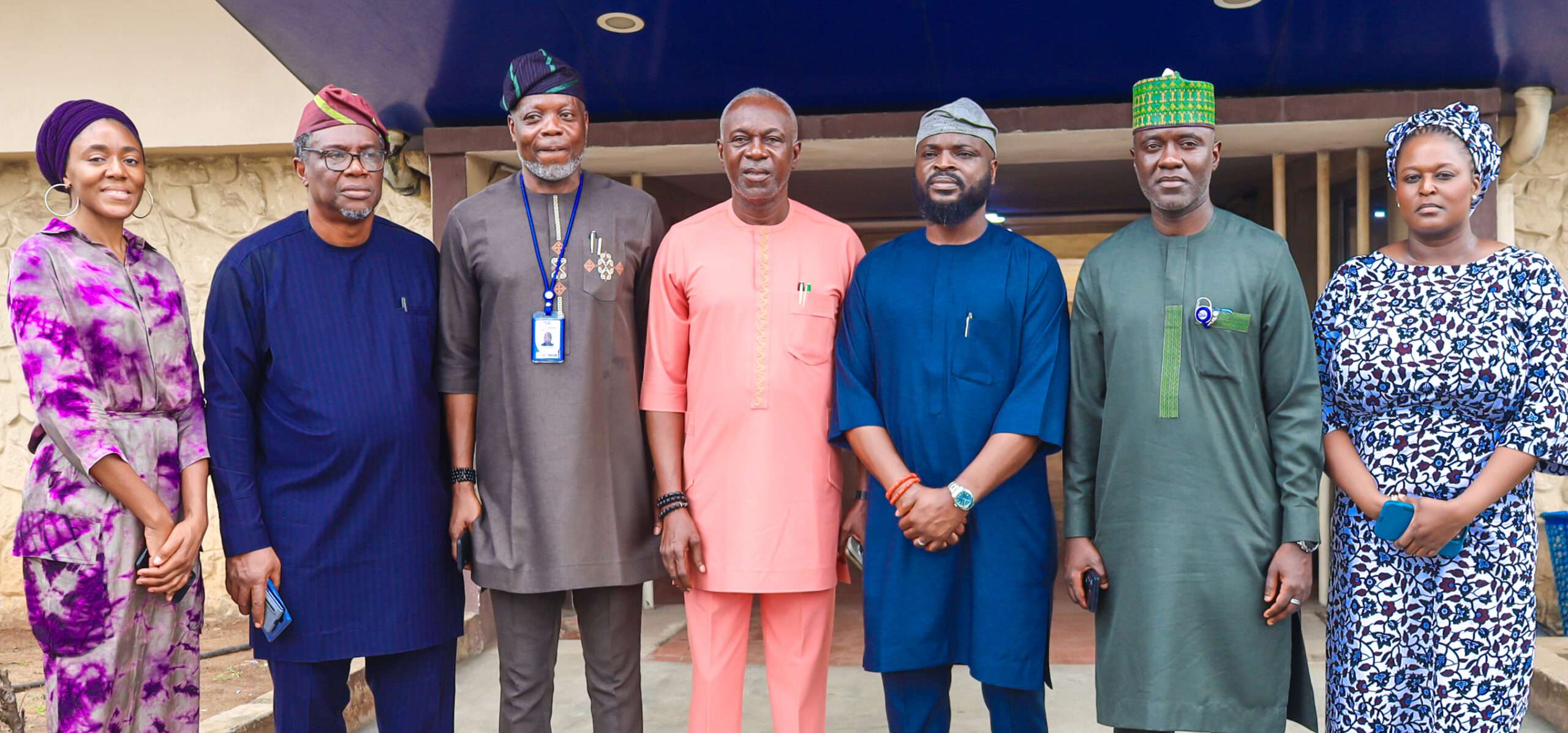By Sokari Alalibo
Local government elections anywhere in Nigeria are rarely just a grassroots exercise. In many states, they evolve into litmus tests for the health of democracy, the credibility of leadership, and the depth of political inclusivity. In Rivers State, the forthcoming polls carry even greater weight because they will be conducted under the watch of a Sole Administrator, Vice Admiral Ibok Ete Ibas (rtd.), appointed during a federally declared state of emergency in March 2025.
The stakes could not be higher. Local government is, at least in theory, the closest tier of governance to the people, with responsibilities that touch on the everyday lives of citizens such as primary education, market regulation, rural roads, and community health centres. Yet across Nigeria, it is often the most neglected and politically manipulated, plagued by underfunding, executive interference, and the absence of genuine autonomy. In Rivers State, these elections are not just a constitutional requirement; they are an opportunity to restore legitimacy, reconnect governance to the grassroots, and test the maturity of the state’s democratic culture after months of centralised emergency rule.
Historically, local government elections in Rivers have been fraught with controversy. Allegations of predetermined outcomes, intimidation of opposition candidates, and widespread voter apathy have tainted the process. In some past instances, entire opposition parties have boycotted the polls, citing unfair treatment. This time, however, the context is different and arguably unprecedented. The current emergency administration has the distinct advantage of not being a contestant in the political fray, which could, if managed with absolute neutrality, offer a rare opportunity for a genuinely competitive process.
For the Ibas administration, credibility will hinge on far more than simply meeting the statutory deadline for the elections. The manner in which the entire process is conducted, from the compilation and publication of the voters’ register to the collation and announcement of results, will determine whether these polls are remembered as a democratic milestone or another missed opportunity. Transparency must be visible at every stage, not merely asserted in official statements.
Security is perhaps the most pressing concern. Rivers State’s history of politically motivated violence, particularly during elections, cannot be ignored. While the state has enjoyed relative peace in recent months thanks to Ibas’s peacebuilding initiatives, election periods often trigger old rivalries and tensions. Coordinating security agencies to protect voters, polling officials, and election materials, without creating an atmosphere of fear or over policing, will require careful planning and a measured approach. Any perception of heavy handedness could discourage voter turnout, while lax security could invite violence or disruption.
Equally important is civic engagement. In past elections, turnout at the local government level has been depressingly low, partly because of voter apathy and partly due to the perception that councils have little real power to effect change. This mindset is not without basis, as many councils have been hamstrung by inadequate funding and overbearing state interference. The Ibas administration has an opportunity to address this cynicism head on by running a robust voter education campaign in collaboration with civil society organisations, faith-based groups, and the media. The message should be clear: local government matters, and those elected have a direct role in shaping the community’s development priorities.
The conduct of the Rivers State Independent Electoral Commission will also be pivotal. State electoral bodies in Nigeria often face accusations of bias towards ruling parties, undermining public trust. Under the current political arrangement, the commission’s independence must not only exist in law but also be demonstrated in practice. Clear timelines should be announced and strictly adhered to. Political parties must be given equitable access to election materials and venues. Complaints or irregularities must be addressed promptly and transparently to maintain public confidence.
Economically, credible local elections can have far reaching ripple effects. Councils with legitimate mandates are better positioned to mobilise community participation in governance, attract public private partnerships, and initiate development projects that enjoy broad support. For example, a legitimately elected council in a riverine area could prioritise jetties, fish landing sites, and water transport safety, thereby boosting local commerce and improving livelihoods. In contrast, councils whose leadership emerges from flawed or exclusionary processes often face resistance from the very people they are meant to serve, making governance more contentious and less effective.
Sceptics may question whether elections held under emergency rule can ever be truly free and fair. This is a legitimate concern. Emergency governance centralises authority, and without conscious restraint, it can blur the lines between administrative oversight and political interference. That is precisely why these elections are such a defining test for Ibas’s administration. His track record so far, marked by quiet efficiency, disciplined resource management, and a results first approach, suggests he may have both the temperament and the political will to prove that even under extraordinary circumstances, democratic norms can be upheld.
One promising sign is his administration’s history of collaborating with diverse stakeholders, from federal agencies to local community groups, without allowing political rivalry to derail development goals. If this same spirit of cooperative engagement is applied to the electoral process, ensuring all parties feel they have a fair chance, Rivers State could set a valuable precedent for other regions grappling with political instability.
The symbolic value of credible local elections under the current climate should not be underestimated. It would send a strong message nationally and internationally that Rivers State is capable of conducting itself with political maturity, even when operating under unusual governance arrangements. It would also bolster investor confidence by demonstrating that political stability and rule of law remain intact despite the state of emergency.
Yet the reverse is equally true. A flawed or manipulated process would erode trust, potentially undoing the goodwill and administrative progress achieved over the past months. It could also embolden those who argue that emergency governance is incompatible with democratic principles, making it harder for future administrators to strike the right balance between swift decision making and public accountability.
Ultimately, these local government elections are not merely about who becomes chairman or councillor; they are a referendum on the state’s democratic resilience. They will test whether Rivers can rise above its past electoral shortcomings and chart a course towards more accountable and participatory governance.
For Vice Admiral Ibok Ete Ibas, the stakes are personal as well as political. His tenure is, by design, temporary. But legacies are not measured solely by the duration of service; they are defined by the strength of the institutions and precedents left behind. Overseeing a transparent, peaceful, and credible local election would be a legacy that outlives any road repaired or clinic rehabilitated. It would be proof that even in challenging times, governance can be anchored in fairness, inclusion, and respect for the people’s will.
The people of Rivers State deserve nothing less. And the nation will be watching.
Sokari Alalibo writes from Abonnema
